New student from Russia tells his story
Kuskov says he appreciates all that his new school has done
During his C period physical education class, sophomore Daniel Kuskov, standing third from left, gathers with several of his classmates and new friends.
The Russian war on Ukraine is causing Ukrainian and Russian citizens alike to flee their home countries. For sophomore Daniel Kuskov, this meant leaving Russia in order to avoid being drafted into the military.
Kuskov enrolled at Cathedral on April 4.
Kuskov said he received a draft notice with further details. Kuskov said, “If you look up one of the bold texts (in the notice), it essentially says that I (would have had) to be there by March 15. They were (drafting) early. They were hopping around the legal system.”
Kuskov was born in the United States, meaning he has American citizenship. However, his family moved to Russia nearly 11 years ago. Kuskov said, “It wasn’t really my choice, more so my mother’s because (she) was getting a job over there. It was either Texas, China or Russia. My mom is Russian, so she thought it would be OK to move there.”
After receiving the draft notice, Kuskov and his mother decided to return to the United States. “I moved here with my mom. My stepdad is stuck in Turkey right now. We were planning on him staying behind and renting out the apartment (in Russia), that was until all males were eligible for drafting up until 60 years old,” Kuskov said.
The rest of Kuskov’s extended family is spread across the two countries. He said, “My dad is American, hence the American citizenship. I have relatives that are living in Washington and also somewhere else, but I don’t remember exactly where because I have a whole bunch of them. On my Russian side, I have relatives who are living in a small town in Russia called Chita. It’s my great grandmother, grandma and grandpa.”
Kuskov said he considered himself lucky to have American citizenship. He said, “I had a way to leave, although it was 50 hours of flying because of the closed airspace. (My friends) probably were (trying to leave). I don’t really know. I left most of my friends in Russia with little to no contact.”
Kuskov and his mother arrived in the United States a little over a month ago. He said the adjustment has gone smoothly and he has realized the subtle and not-so-subtle differences between the two countries. “You have a unique position to compare countries as a citizen that’s lived in them for a long time. When adjusting, you notice all of the little details that you don’t normally notice. For example, road infrastructure, the types of trees, the culture with people and the main religions of the country. It’s Russian Orthodox in Russia and Christianity in America.
“The most glaring thing is that the people are way nicer here. My mom was a college professor (in Russia). Right now she does something similar, but with 10 times less work. She noticed how differently students address their professors. Here, in the U.S., they were addressing her properly with the title ‘Doctor.’ In Russia, students were more brutish in the fact that they didn’t respect that she was a professor.”
Kuskov attended a high school in Russia with rigorous college preparatory courses, similar to here on the Hill. However, Kuskov said that the school was extremely strict with the students. “I went to the top school in Russia. It was a high school tied to a university that also happened to be the top university in Russia. The high school was essentially giving you college courses to prepare you for college. It was very tough on lots of students there. I studied there for two years. Before that, I went to a public school,” Kuskov said.
As stressful as moving to another country could be, Kuskov said he has remained relatively relaxed. “I usually block out most of the stress, because I’m used to being in stressful situations. (The transition) wasn’t stressful. I didn’t feel stressed. It was a lot of fun. It was a good type of stress that doesn’t really degrade your nerves. If I had to give it another metaphor, it would be like the opening scene in ‘Jurassic World’ where there’s music and all of the dinosaurs. It’s like that type of feeling. It’s not stress; it is a stressor, but it’s a positive type,” Kuskov said.
Part of the stress-free transition is due to this school’s administrators, students and environment.
Kuskov said, “I’d say (Cathedral) has been the most welcoming out of every school I’ve been to. It’s really given me a breather recently. I’ve certainly had it quite easy relative to what I could’ve had. Everyone has been supportive. From Mr. (Joe) Sander in my biology class to students in my strength training teaching me how to play basketball, it’s been great.”
Kuskov added, “Strength training is my favorite class for sure. I’ve never had more fun.”
However, this strength training class, or any similar electives, were not an option for Kuskov in Russia. “The school system in Russia requires the students to adhere to the system, while the (American) system adheres to the innate talents that a student has. So (in Russia), instead of having strength training or different kinds of sports, I have to have a general fitness class, which is running around and doing push-ups. Basically, the school system in Russia doesn’t let the students choose. In a lot of ways (your) talents are shut out,” Kuskov said.
As Kuskov continues to make the transition to living in the United States, he said, “I’m really appreciating everything that Cathedral and its students are doing for me. Coming from the Russian perspective, no one really has to do anything for me, and I never thought I’d be getting this kind of support.”
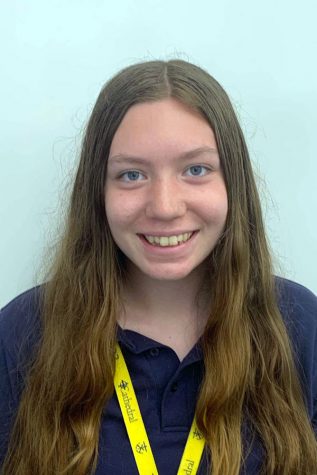
Ashlynn Bakemeyer is a senior and the co-editor-in-chief of the Megaphone. At Cathedral she is involved in the Best Buddies Club. Outside of school she...


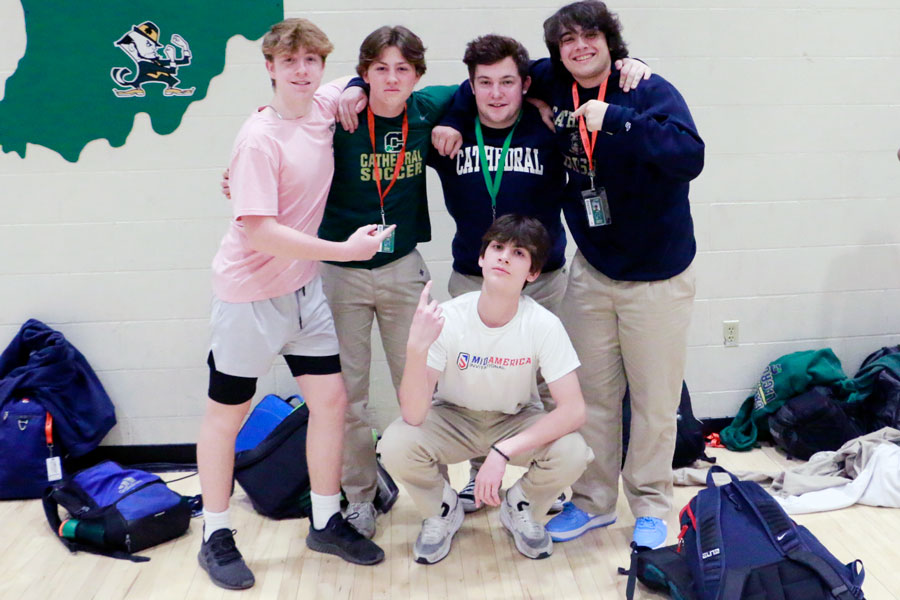
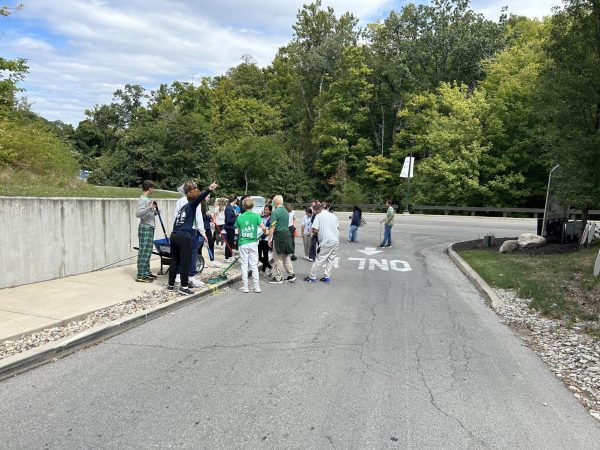

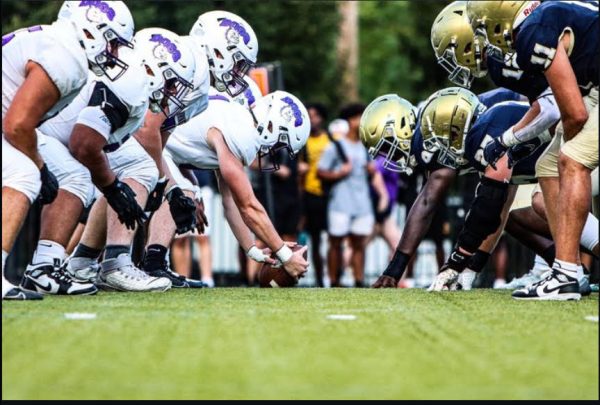
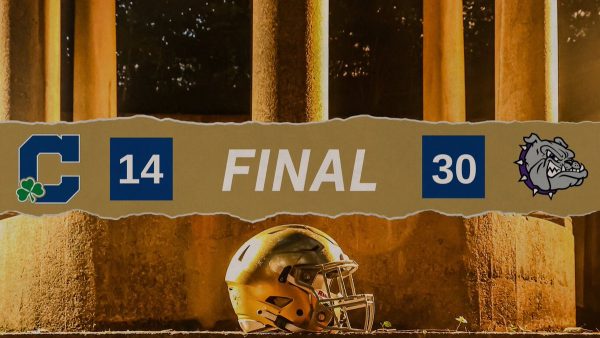

Nancy Wheeler • Apr 26, 2022 at 8:47 AM
Well written. Thank you!